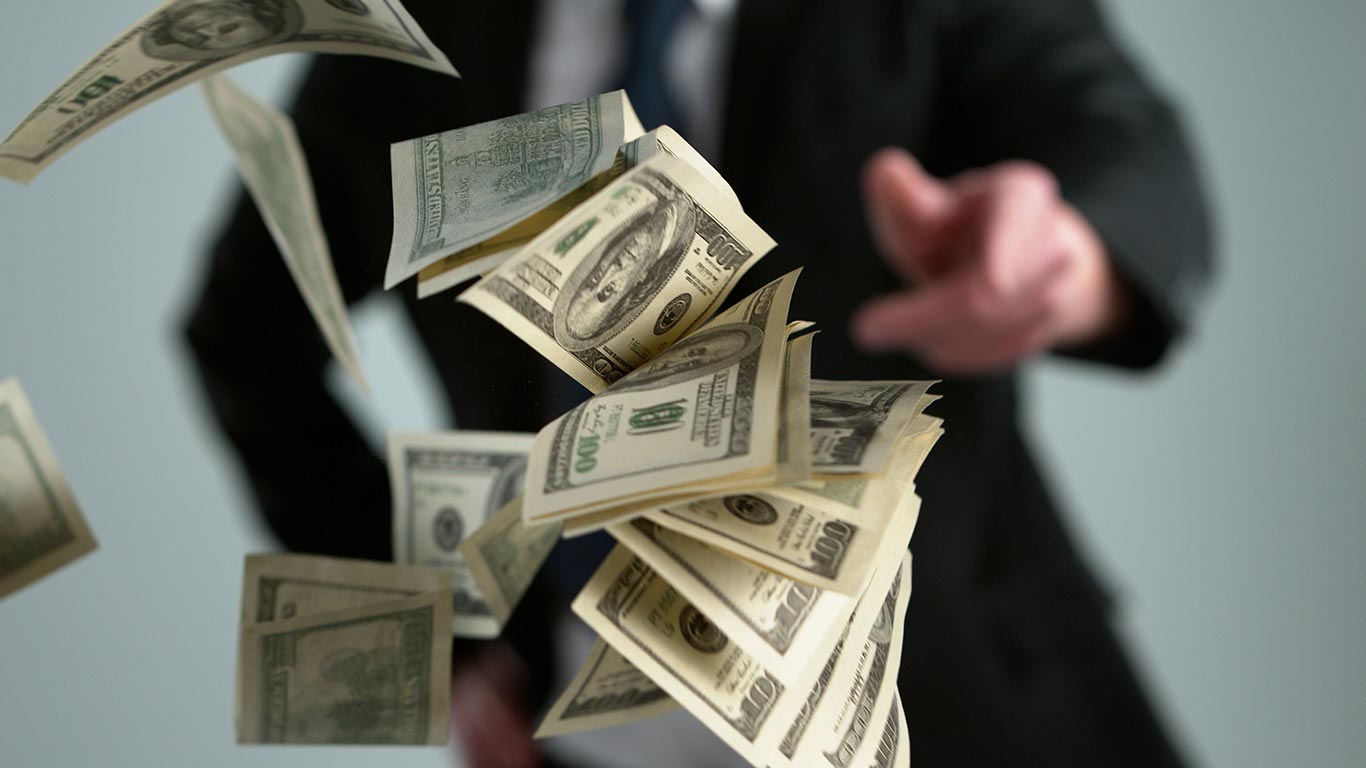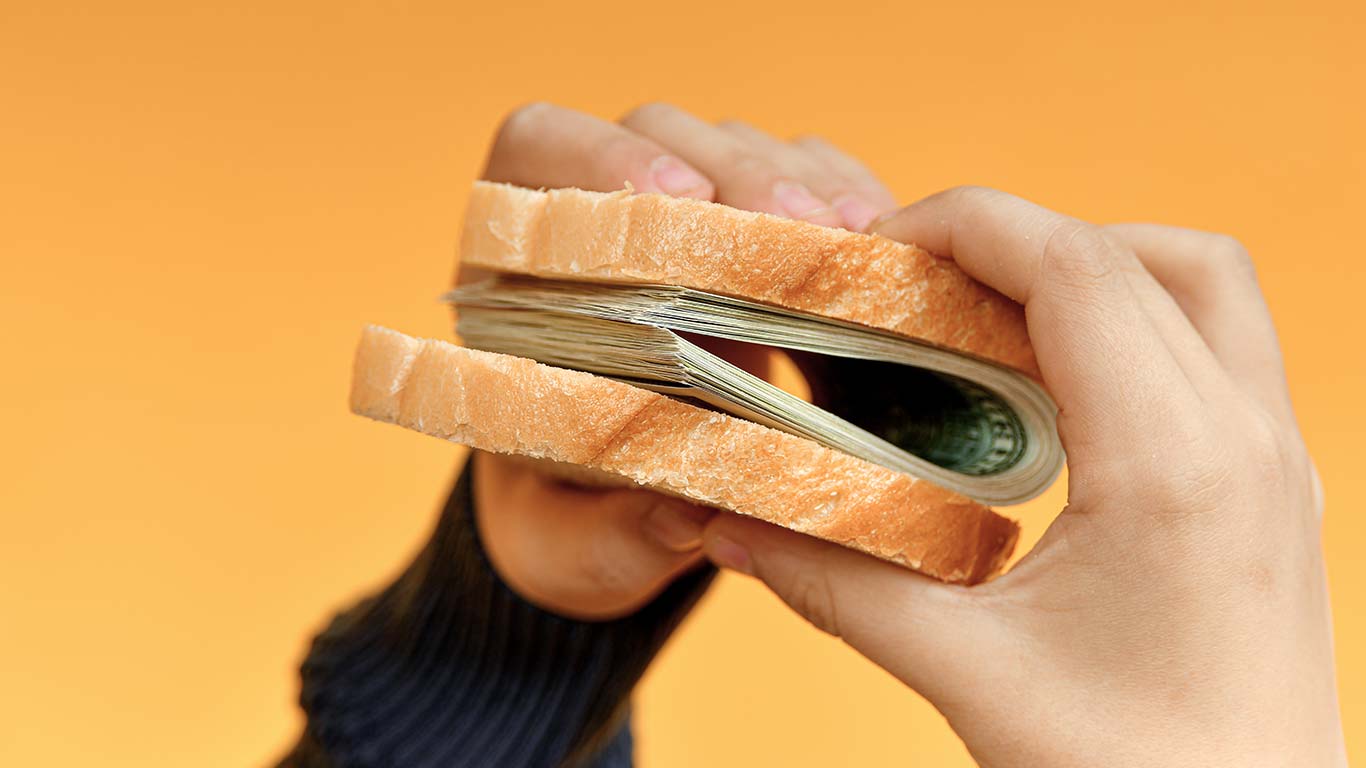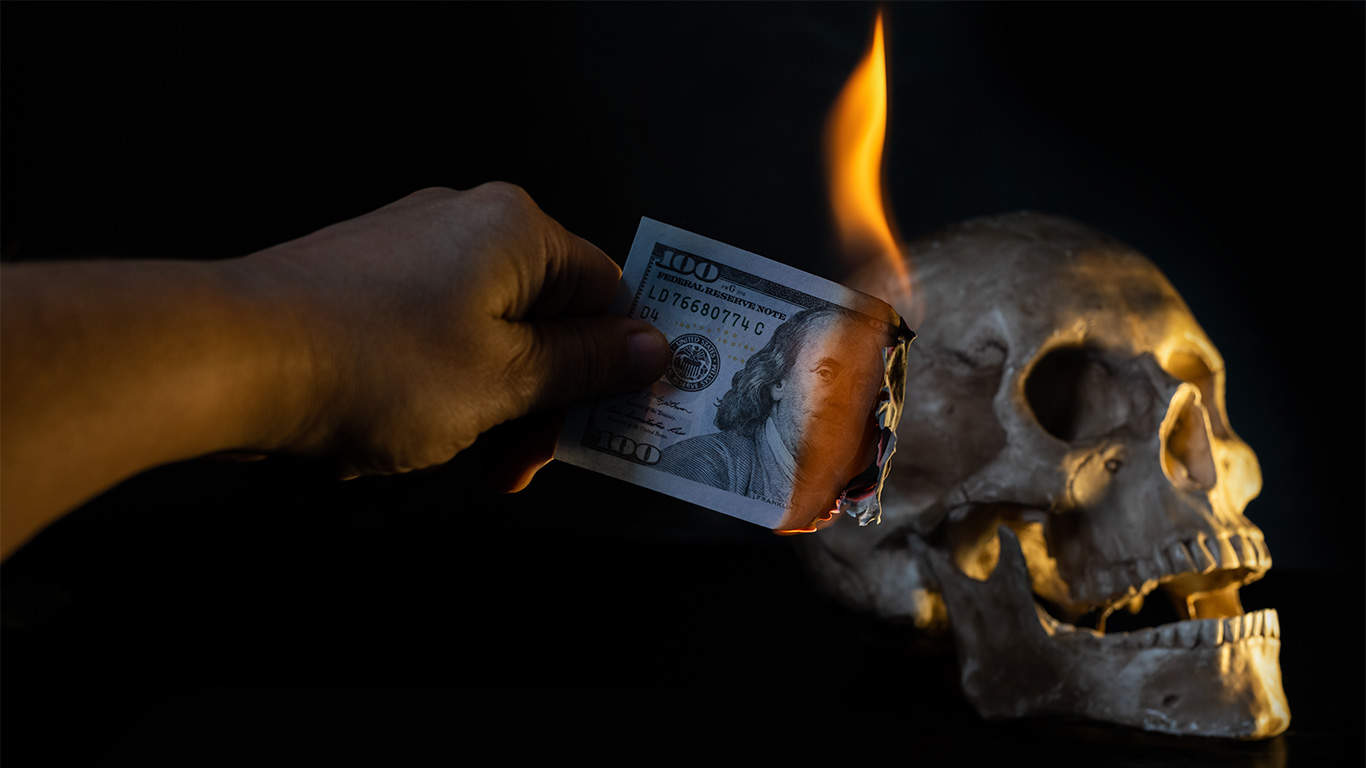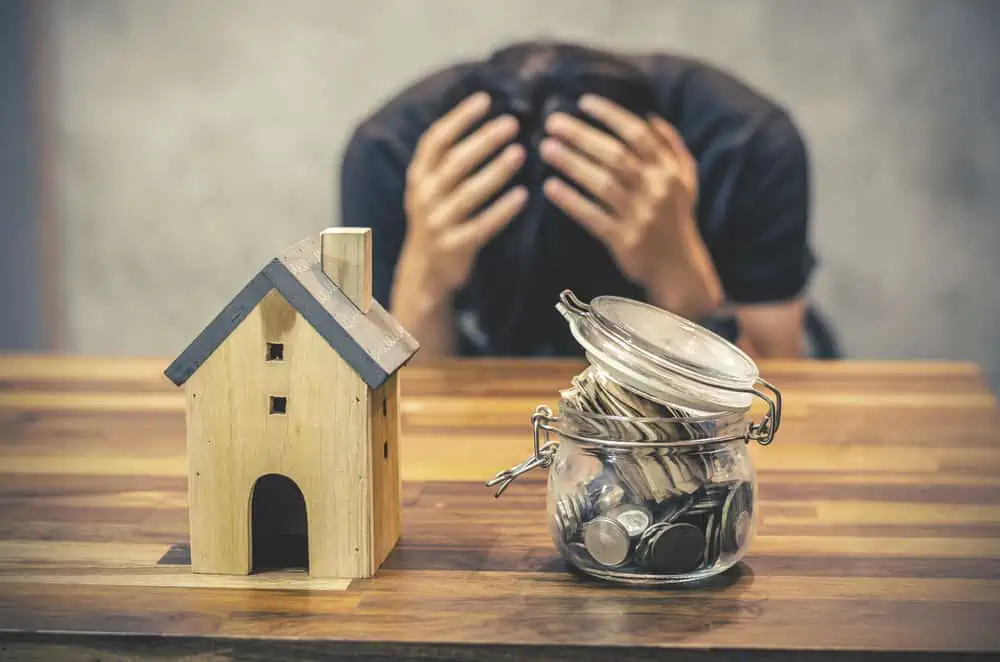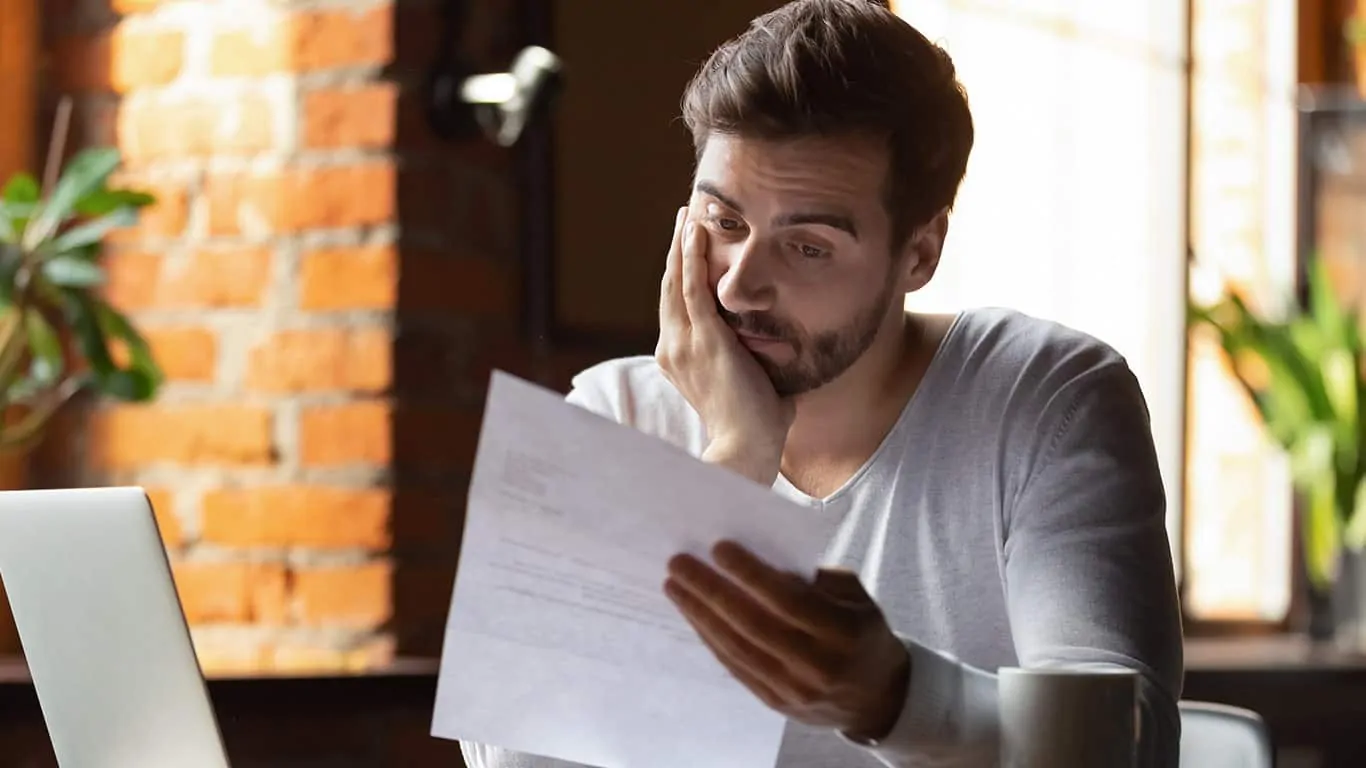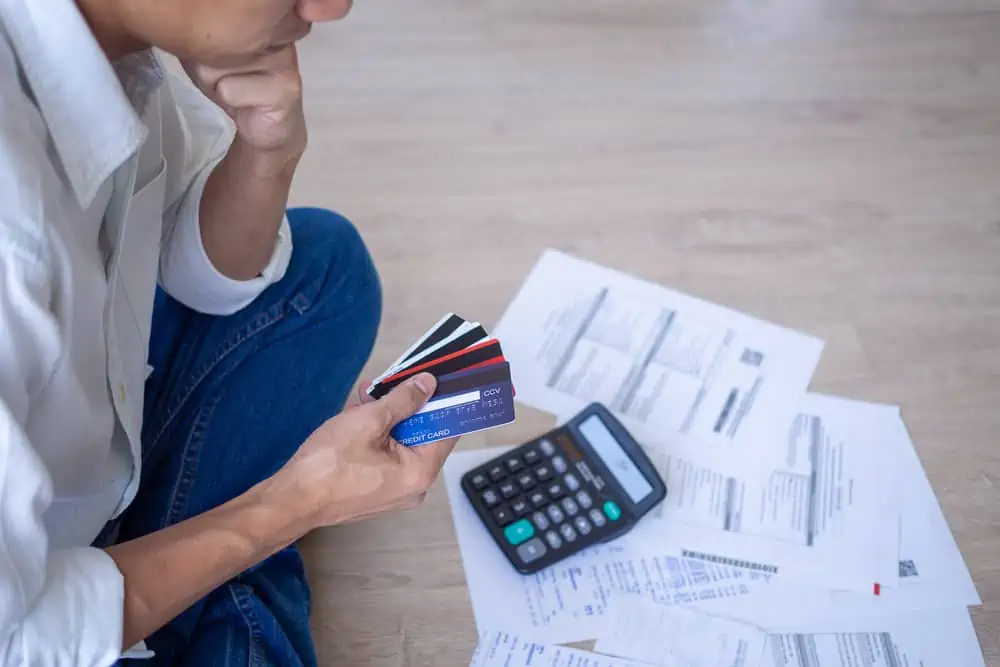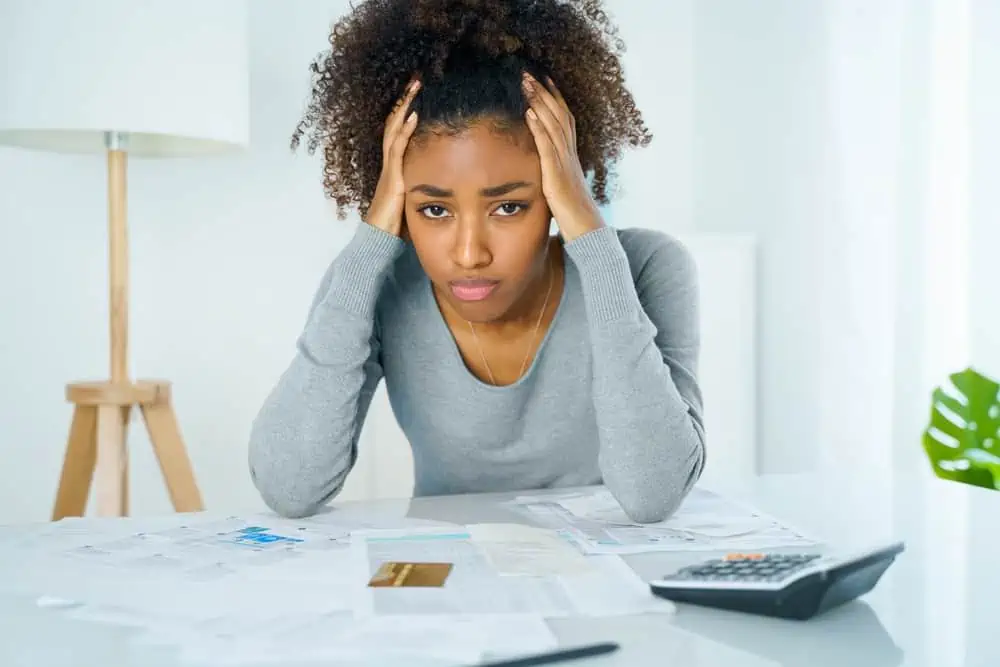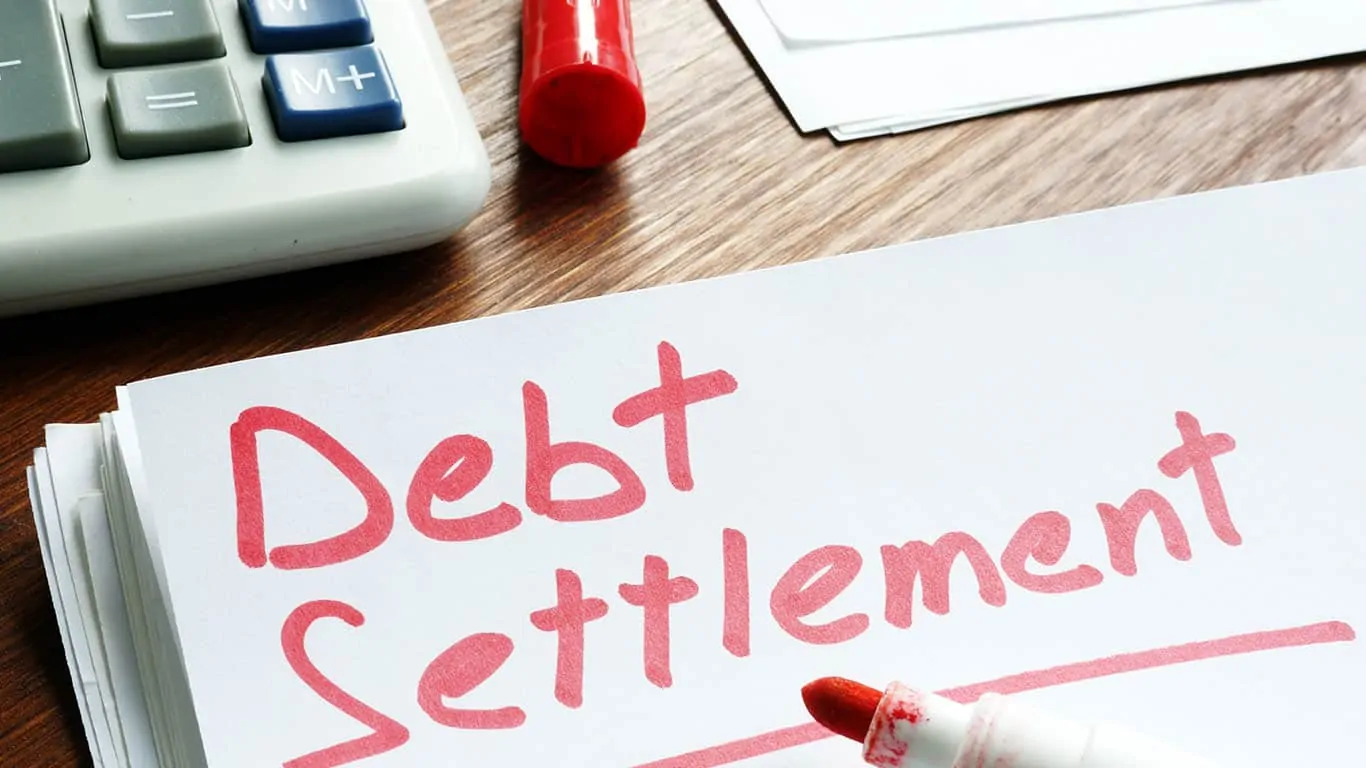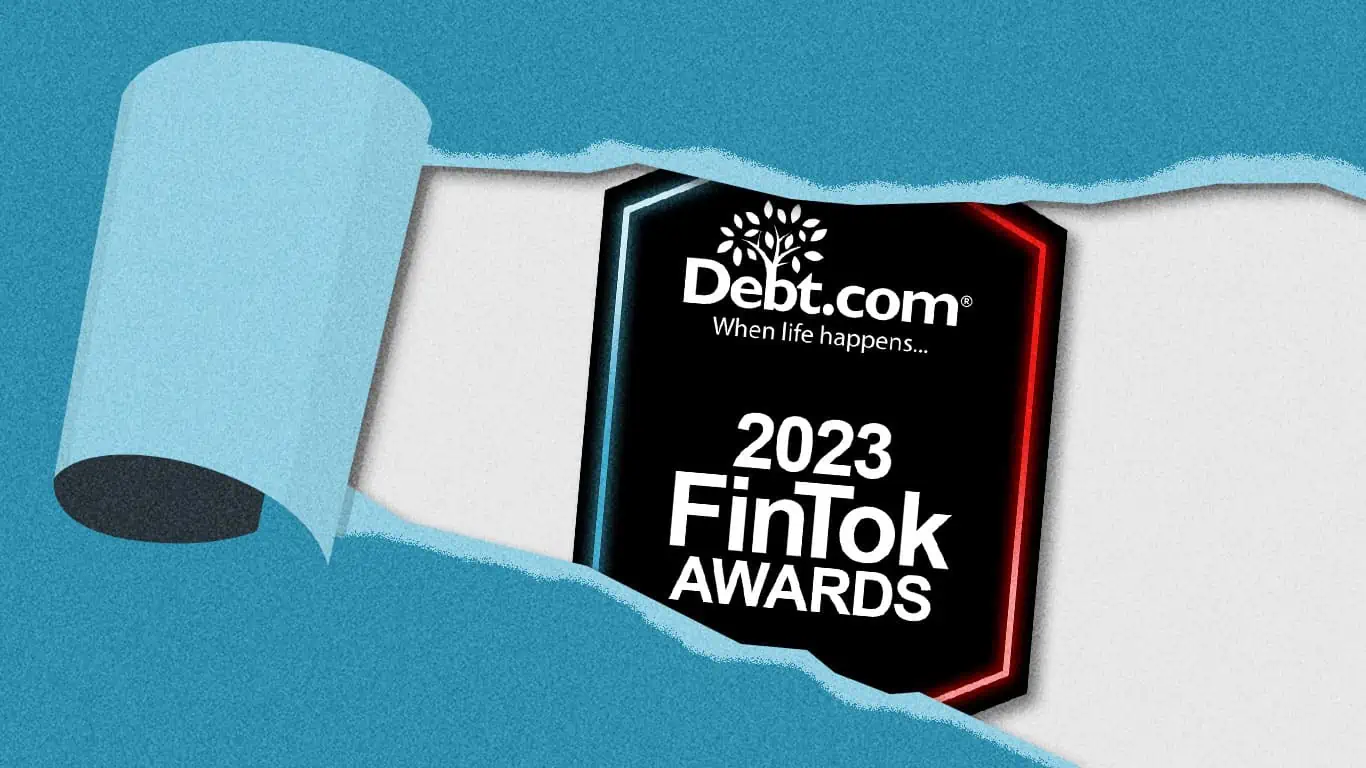News
The latest in personal finance news on Debt.com.
Browse by Tags
-
4 Times Martin Luther King Jr. Taught Us About Money
The civil rights activist’s financial advice and opinions have often been overlooked.
-
Financial Fiasco 2024: We’re Over-Spending – and Over-Confident
It’s a new year with the same old problem. But it doesn’t have to be this way.
-
The ‘Sleeper Recession’ and ‘Sandwich Inflation’
Summing up 2023 and looking ahead to 2024.
-
What’s the Scariest Thing About This Halloween? Inflation
The average American has $95,000 worth of personal debts and inflation is creeping into their budget. No wonder so many fear inflation.
-
I Hate The Holidays – Because They Hurt So Many People
Holiday cheer is often followed by financial fear. So bah, humbug.
-
Homeownership May Be The “American Dream” But Homebuying is a Nightmare
It’s more expensive than ever to buy a home.
-
How to Survive 10 Financial Horrors
Learn to face your fears. Read at your own risk.
-
Dawn of the Debt: Borrowers Dread the Return of Student Loans
The pause on student loans was a great idea – until it wasn’t. Ready or not, it’s time to pay.
-
Artificial Intelligence Might Do Your Job in the Next Three Years
But don’t panic, experts and research say you’ll likely change to a better job.
-
Record High Credit Card Debt in Q2 Predicts Future Problems
New research shows the second quarter of 2023 was historically bad – which portends even worse news for the beginning of 2024.
-
Don’t Feel Fear and Shame About Your Debt. Fix It.
Financial fear can keep you up at night, but it can also keep you out of debt. If you feel ashamed about that, wonderful.
-
6 Steps for Vetting a Debt Settlement Company
How can you know if a debt settlement company is legitimate? Taking these steps is a good start.
-
The FinTok Manifesto
There’s no “best” way to learn about money. But there is a “worst” way.
-
Money and Mental Health
If you don’t have enough of the first, you won’t have enough of the second.



